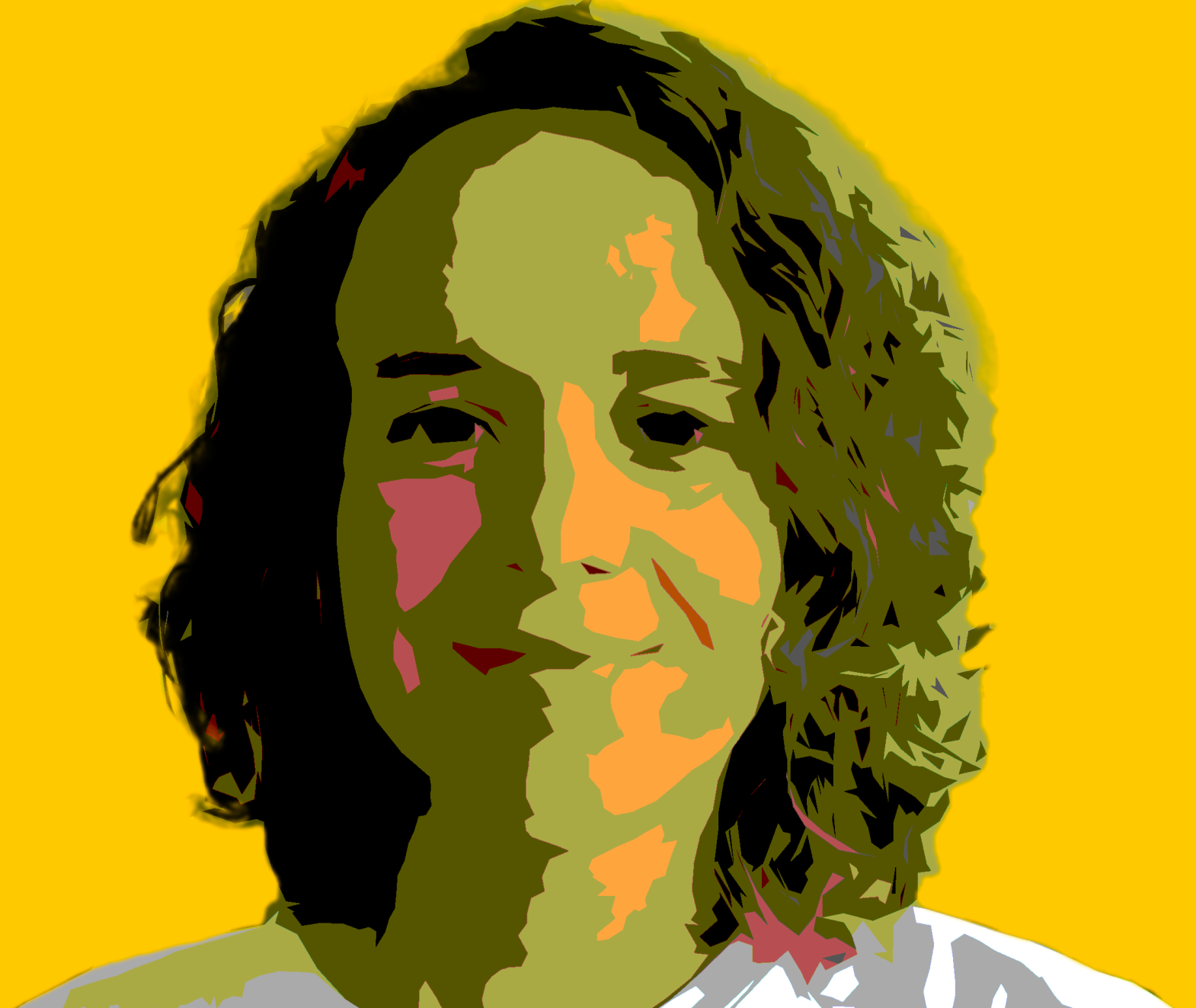Joyce Brandão has spent the past eight years living and working on the agricultural frontier of the Brazilian Amazon. In this discussion, listen to how fires are an expression of the complex intertwining of politics and deforestation. Discover how solutions are built with smallholders to produce sustainably and make a living from agriculture while preserving the forest. One thing is for sure, you can’t preserve the Amazon without working with those who live there.
Smallholders in Amazon correspond to 80 percent of the properties in the region, yet only occupy 32 percent of the area. And, only nine percent of smallholders in Amazon Biome receive Technical Assistance, those critical trainings, tools, demonstrations, and connections that can transform the business, environmental and social impacts of agriculture. Joyce has seen firsthand the hand smallholder farmers have been dealt, bearing responsibility and blame for deforestation and yet lacking key inputs to act differently.
Smallholders occupy a large swath of the Amazon and often lack access to technical assistance, production technology, and markets. We try to deliver them these tools, and still, they are blamed by quite some opinion leaders to be the key driver of deforestation. And that isn’t true.
Joyce Brandão
From Joyce’s perspective, catalyzing real change for farmers has to be a two-way street. Environmental impact is important, but smallholder farmers must understand the business advantages of changing long-held practices. Joyce explains: ”We should increase the technical assistance, and offer frontier farmers a business case from a sustainability point of view.”
Despite growing global willpower to combat climate change, political and economic challenges loom large in the region. During President Bolsonaro’s tenure, large fires and mechanical, large-scale deforestation have restarted. Larger entrepreneurs, clearly linked to the populist elite, are betting on yet another round of public pardon. Land grabbing remains the ground evil of deforestation. It is simply too easy business to gain big bucks rapidly. This can only be stopped with the force of public authority.
A vision for the future
Joyce outlines an integrated vision to create and scale-up progress, outlining work in Novo Repartimiento – the largest settlement of Brazil, Para, Amazon. The work spans three key themes, including carbon balance, deforestation, and Technical Assistance:
- Carbon balance baseline and future scenarios defined main practices for an improved scenario.
- Reduce deforestation, promote Agroforestry Systems with Cocoa and small-scale intensification of livestock are the main components.
- Technical Assistance business plan and incubation – scale-up in progress.

Seeing Results
The programme is already yielding positive results with improvements in land management, emissions, and restoration:
- 12,000 hectares under low carbon agriculture practices
- 56 percent increase in the income average of families
- 18 percent reduction in livestock emission

